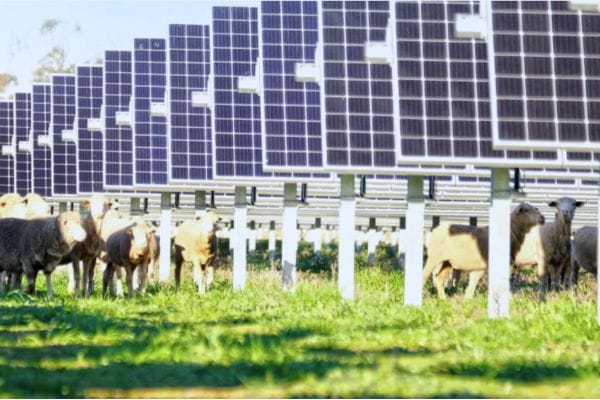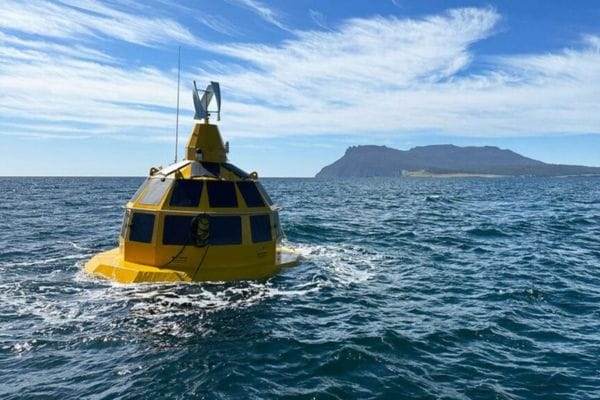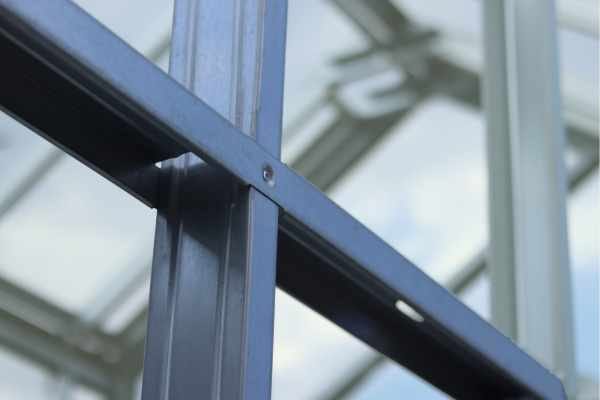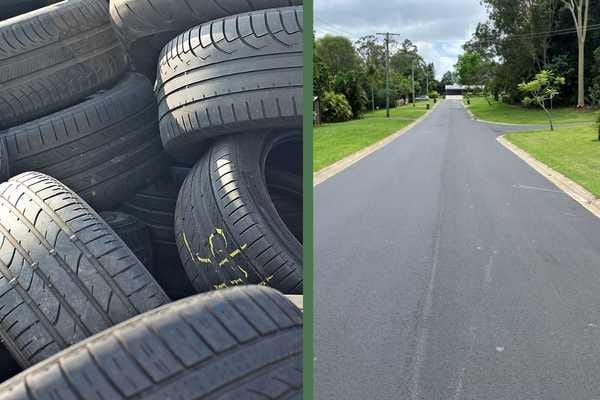Regions rally behind clean energy
Poll results show that backing for renewables holds strong at 62% in spite of online trolling and misinformation campaigns.
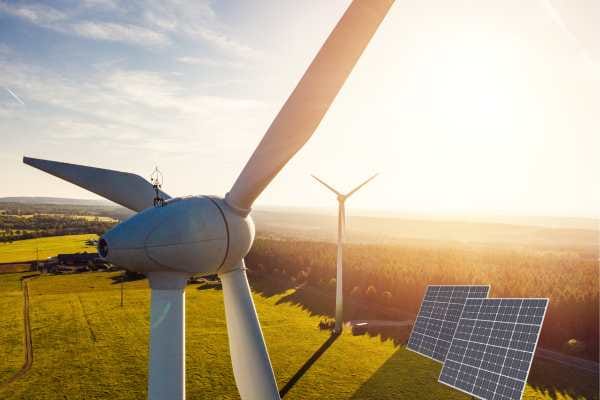
Most regional Australians back the nation’s shift to renewable energy, yet underestimate the level of support within their community, new research has found.
The polling conducted in Renewable Energy Zones (REZ) across the country revealed 62% support of renewable energy in spite of the local divisions being amplified in public spaces such as community noticeboards.
The poll of 2000 residents was commissioned by the Renew Australia for All initiative, and targeted locations in New South Wales, Victoria and Queensland.
In spite of its findings, many of those polled reportedly underestimated the level of backing in their own communities, with only 37% believing most locals supported renewable energy projects. In fact, the poll indicated that opposition to clean energy projects remained fairly low at 17%.
“It’s interesting that regional people are underestimating local support for clean energy... This is why we listen to farmers, not Facebook."
Sophie Nichols, a fourth-generation cattle farmer on the outskirts of Singleton, said her community’s experience mirrored the poll's findings. After years of drought, bushfire and flooding rains left her family’s farm with debt, poor groundcover and erosion, they shifted to solar, batteries and more sustainable farming practices to reduce bills.
"Every fifth home in my home town of Singleton has installed solar panels, and this figure is growing year on year," she said.
Nichols noted that while people in the community seem happy to invest in renewable energy for household use, she does see some concerns around transmission lines and larger renewable projects impacting the community.
Alongside these concerns, she also observed political dynamics shaping perceptions. “Right wing media and political parties are pushing for the opposition of both large scale renewable energy projects and transmission lines,” she said.
“I would like to see politicians who represent regional areas to accept that Australia and the world is transitioning to renewable energy, and work on policies and legislation to help this process.”
Amplified dissent
Farmers for Climate Action (FCA), one of the survey partners, said the poll results aligned with previous surveys conducted by Porter Novelli, CSIRO and its own earlier research.
Yet with only 37% of respondents believing most locals support renewables, a 25-point perception gap has allowed vested interests to amplify the voices of a small group of opponents, the FCA said.
Goulburn sheep farmer Dimity Taylor, who lives next door to a wind farm, highlighted the importance of respecting the valid concerns of those opposed to projects within their community, without buying into “the onslaught against climate change action and clean energy by some media and the endless bots on Facebook.”
“It’s interesting that regional people are underestimating local support for clean energy, which suggests a quiet majority support clean energy while a minority oppose,” she said. “This is why we listen to farmers, not Facebook."
Misinformed by design
FCA says community sentiment is a critical factor in the rollout of new energy infrastructure designed to replace fossil-fuel generation.
Its concern is that misinformation on social media doesn't just seed mistrust in climate solutions as a whole, but can also mute legitimate concerns about new projects among community members.
An ongoing Senate Select Committee on Information Integrity on Climate Change and Energy is currently examining the corrosive impact of misinformation and disinformation on Australia’s public policy debate surrounding climate change.
Senator Peter Whish-Wilson told ABC radio that the spread of climate disinformation on social media was of particular concern.
"It makes it really difficult, it confuses people. People get confused, they get angry. Where you get your information from is absolutely critical these days," he said.
Nullifying Net Zero
Recent moves by political leaders to abandon Australia's Net Zero climate targets have also angered some farmers, as regional communities carry the burden of increasingly frequent floods, drought and the shifting seasonal patterns associated with climbing temperatures.
“No farms survive without adapting to new technology, whether that be new genetics or new machinery, yet Nationals politicians want to keep with the old technology of coal and gas. I think this is a selfish move, and it puts the interests of young farmers last,” Nichols said.
ABC columnist Alan Kohler recently pointed to a rising tide of cultural and political belief systems increasingly clouding discussions around climate solutions and government net zero policy.
Inverell cattle farmer Glenn Morris said: “It's unbelievable that once again we’re taking a backwards step on climate action thanks to the National party and thanks to Barnaby Joyce.
“My great hope was that I could preserve the beautiful world that I was born into so that my children and all future generations could have the same sense of wonder that I experienced.
“I say to the Nationals and Coalition parties and all politicians in Australia – no more lies and denial of our intergenerational responsibility. We must do better.”
The silent global majority
The findings of the Renewable Energy Zones poll echo a global report into climate beliefs released last year by science journal Nature. It revealed that 80 to 89 per cent of people worldwide wanted to see more action on climate change, but remained unaware they held the majority view.
By combining data from a representative survey that spanned 125 countries, Nature revealed that this "silent majority" may unwittingly be holding back progress on climate solutions just by keeping quiet.
This idea formed the basis of The 89 Percent Project, an initiative of the global journalism collaboration Covering Climate Now.
“The world is in a state of pluralistic ignorance, wherein individuals around the globe systematically underestimate the willingness of their fellow citizens to act,” the study concluded.
The researchers said they hoped that stronger awareness of the broad global support for climate action would pave the way for a more unified response to climate change.

The polling was commissioned by 89 Degrees East for the Renew Australia for All initiative and its partners. It was conducted on nearly 2,000 residents across Renewable Energy Zones (REZ) in Australia including New England NSW, Central West Orana NSW, Hunter NSW, Illawarra NSW, Gippsland VIC, Western Victoria, Gladstone QLD and Central Queensland. According to Farmers For Climate Action, the results were in line with previous studies, indicating that the majority of residents support clean energy, with 62% in favour and only 17% opposed. Despite this, respondents significantly underestimated community backing, with only 37% believing a majority supported clean energy.
Related stories

